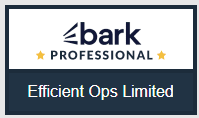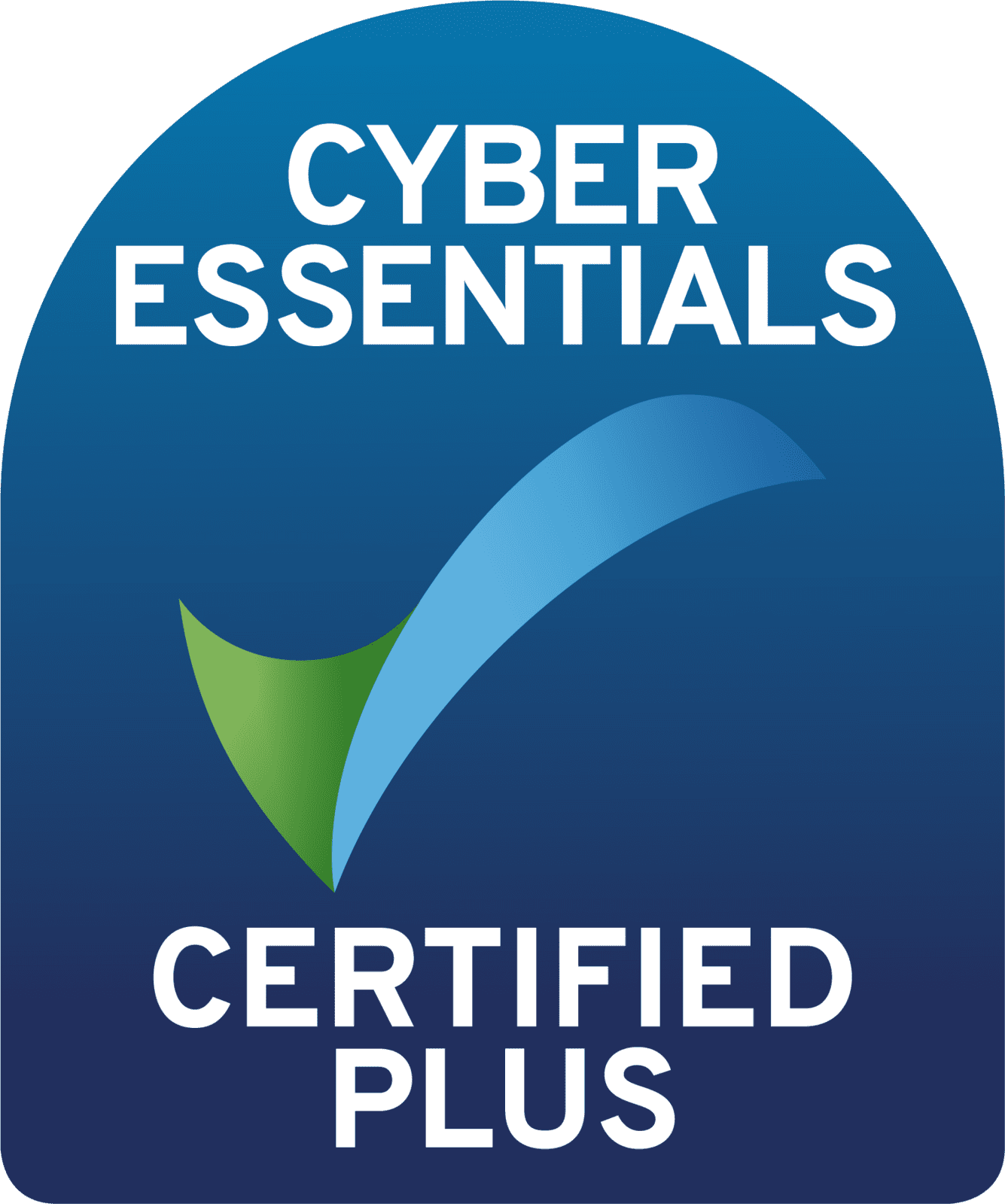Absence Management for UK Businesses
Employee absences are an inevitable reality for every UK business. Managing them effectively, can be a complex challenge for any business, but with the right knowledge and guidance it is essentially another administrative duty that needs continuous attention. Some businesses manage it internally, some outsource to save on cost and increase accuracy. This guide cuts through the jargon and offers a straightforward approach to ensure compliance, minimise disruption, and support your workforce.
The Legal Landscape
Equality Act 2010:This cornerstone legislation protects employees from discrimination based on disability or illness. It's crucial to ensure your absence management policies align with the Act's principles, avoiding any implicit or explicit bias against employees with health conditions.
Working Time Regulations 2020:These regulations set the minimum standards for working hours, breaks, and annual leave entitlements. Understanding these parameters is vital for calculating paid leave and ensuring fair treatment for all employees.
Statutory Sick Pay (SSP): This government-funded program provides financial support to eligible employees who are unable to work due to illness. Familiarising yourself with the eligibility criteria, payment rates, and notification requirements for claiming SSP is key to navigating this aspect of employee absences.
Essential Policies
Clear and Accessible: Your absence management policy should be a one-stop shop for employees, outlining:
Reporting procedures: How and when employees must notify you of absences.
Leave types: Categorising different types of leave, including sickness, annual leave, parental leave, and bereavement leave.
Evidence requirements: Specifying the kind of documentation needed to support different types of absences.
Return-to-work protocols: Establishing a smooth transition back to work after an absence, including any necessary medical clearance or phased return arrangements.
Transparent and Fair: Consistency is crucial. Ensure your policies are applied equally to all employees, free from any biases or inconsistencies. Transparency fosters trust and avoids confusion or accusations of unfairness.
Beyond Compliance
Proactive Communication: Open communication is vital. Regularly connect with absent employees, offering support and understanding. This proactive approach strengthens relationships and minimises potential issues.
Wellbeing Initiatives:Prioritise employee well-being. Implement programs that promote physical and mental health, reducing stress and fostering a positive work environment that can minimise avoidable absences.
Flexible Work Arrangements: Consider offering flexible work options like remote work, compressed hours or part-time schedules. This can accommodate various needs and facilitate a better work-life balance, potentially reducing long-term absences.
When to Seek Expert HR Help
Complex Absences: Efficient Ops, as a specialised partner, can provide invaluable support in managing long-term, chronic, or disability-related absences. They offer expertise in developing return-to-work plans, navigating complex medical situations, and ensuring compliance with relevant regulations.
Compliance Audits: Staying up to date with changing regulations can be challenging. Engaging external specialists for periodic compliance audits helps ensure your policies and practices remain aligned with the latest legal requirements.
Data Analysis and Benchmarking: Analysing your absence data can reveal valuable insights. Partnering with expert firms like Efficient Ops can unlock actionable strategies to optimise your absence management efforts through data-driven insights and benchmarking against industry standards.
Continuous Improvement
Regular Reviews and Updates: Review your absence management policies regularly to ensure they reflect changing needs and legal requirements. Don't be afraid to adapt and update them as your business and workforce evolve.
Data-Driven Adjustments: Track trends and analyse data to identify areas for improvement. Use your findings to refine your strategies and implement targeted interventions to address specific issues effectively.
Open Communication and Feedback: Encourage open communication from both employees and managers about your absence management practices. Feedback loops help identify potential issues and inform continuous improvement initiatives.
By adhering to these guidelines, creating clear and fair policies, fostering a supportive work environment, and seeking expert guidance when needed, you can navigate the complexities of UK absence management with confidence. Remember, effective absence management isn't just about compliance; it's about building a healthy, productive, and engaged workforce that thrives. Get expert help with absence management. Schedule a free discovery call today to see how our team of experts can help.
written by Emily Jones





